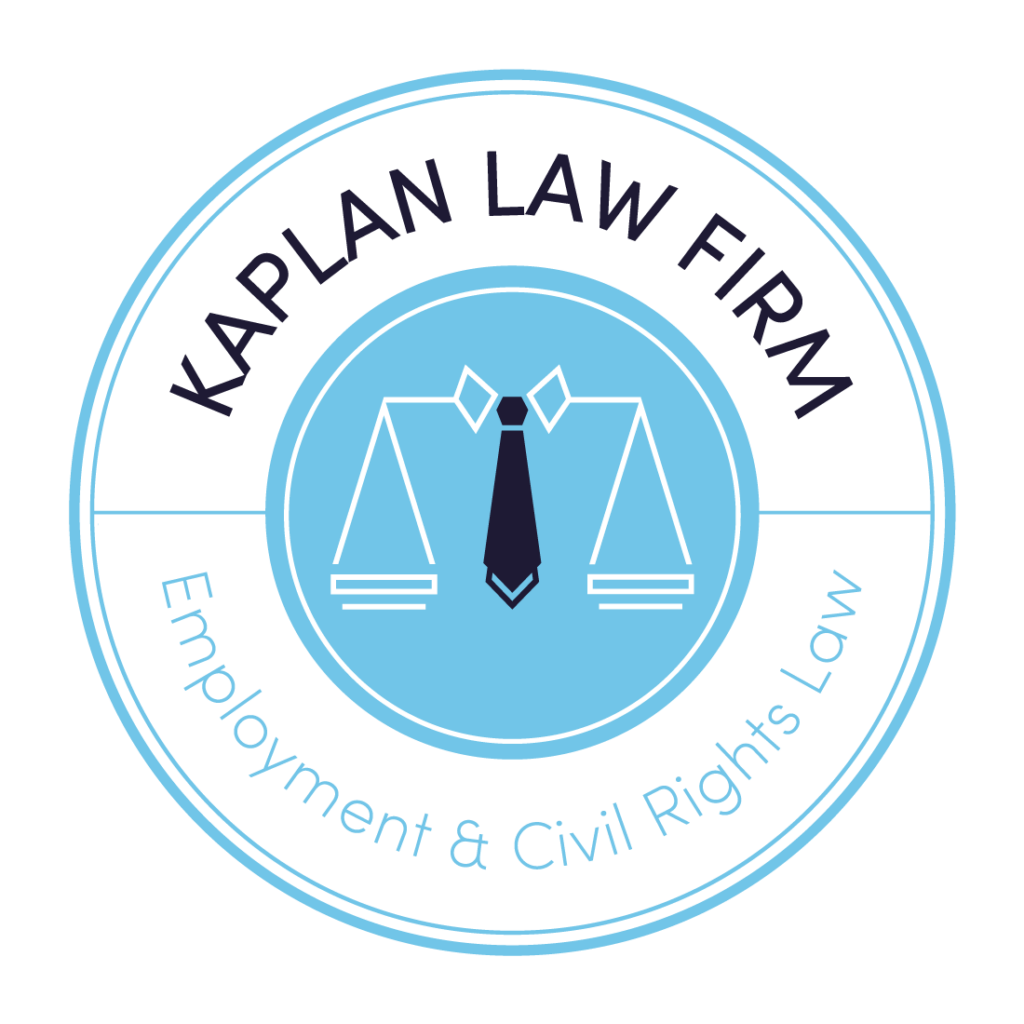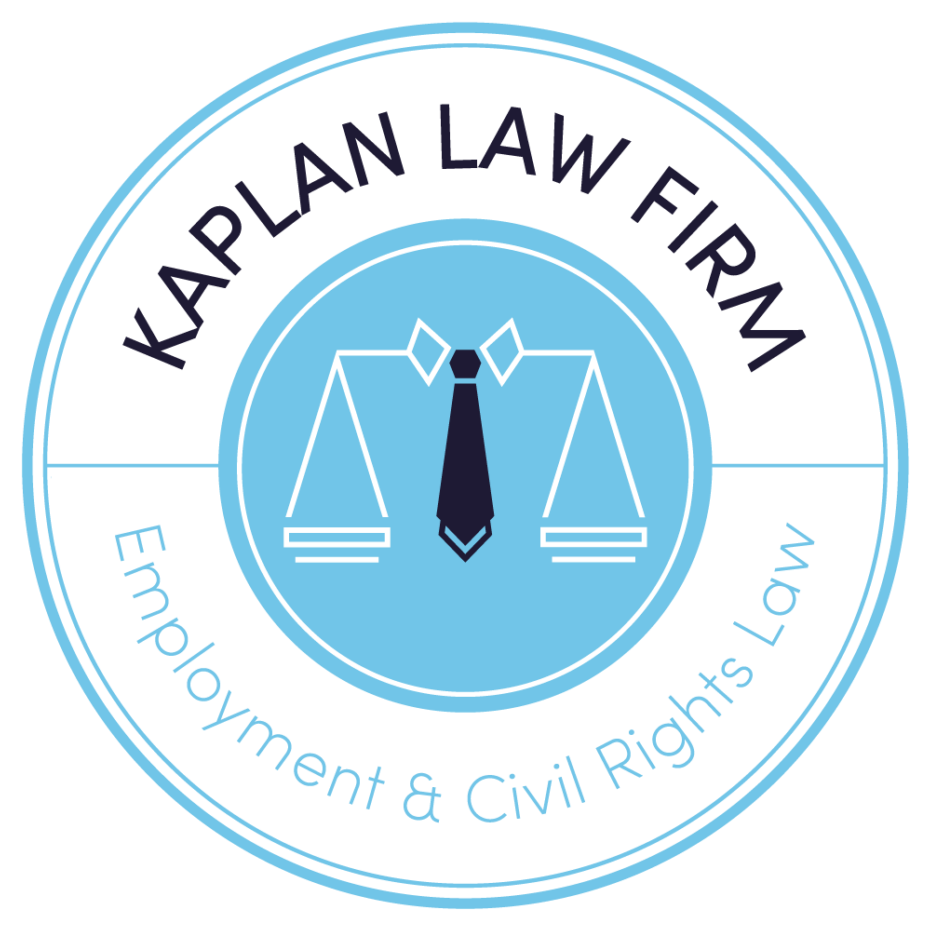SERVING CLIENTS NATIONWIDE | (512) 814-8522
SERVING CLIENTS NATIONWIDE | (512) 814-8522 | ILLINOIS OFFICE OPEN NOW
#MeToo? What Rights Do You Have to Be Free of Workplace Sexual Harassment or Assault in Texas?
“Me, too"
If all the people who have been sexually harassed or assaulted wrote “Me, too” as a status, we might give everyone a sense of the magnitude of the problem.”
We have a big problem.
In response to a simple question, women all over the world took to social media this week to let the world know that they too have experienced sexual harassment or sexual assault.
YOU HAVE A RIGHT TO BE FREE FROM SEXUAL ASSAULT AND HARASSMENT AT WORK
In Texas, what are your rights, and what do you do if someone is harassing or has assaulted you?
THE LAW PROHIBITS SEXUAL HARASSMENT
Both Texas state and federal law prohibit harassment in companies that employ 15 or more employees for 20 or more weeks of the year. The applicable Texas law is Chapter 21 of the Texas Labor Code. The applicable federal law is Title VII of the Civil Rights Act of 1964. As a general rule, the individual harasser is not liable for the workplace harassment, the company is. You have a right to be free from coworker and third party harassment, but if the harasser is your supervisor, you may have an even stronger claim against the company for failing to root out harassment in the workplace and keep people like you safe while they work.
There are two kinds of sexual harassment: quid pro quo and hostile work environment.
Quid pro quo harassment is when someone offers or merely hints that they will give you something (e.g., a raise or a promotion) in return for your satisfaction of a sexual demand. An offer like that, all by itself, is illegal. You can and should consider taking action if you experience this.
Hostile work environment is when sexual harassment at work becomes so severe or pervasive that it alters the conditions of your employment and creates an abusive working environment. However, offhand comments or isolated incidents may not be enough to violate the law. So, is what you experienced illegal, or awful, painful, hurtful, and terrible, but not illegal? These are fact-specific inquiries, but after reviewing the facts, an employment lawyer would know.
THE LAW SEPARATELY PROHIBITS SEXUAL ASSAULT
Texas common law prohibits assault (sometimes called “battery,” or, an unwanted touching), whether within or outside the workplace. You can bring a claim against the person who committed the assault. You can also bring a claim, under certain circumstances, against your employer if a supervisor assaults you under new precedent from the Texas Supreme Court, the B.C. v. Steak and Shake case from 2017.
YOU HAVE PROTECTION FOR SPEAKING OUT
Texas and federal law prohibit retaliation for making a good faith complaint to human resources or a supervisor opposing sexual harassment or discrimination in the workplace. If you can, make a record of your complaint or complaints.
YOU MAY BE REWARDED FOR SPEAKING OUT
Damages in sexual harassment cases can result in compensatory and punitive damage awards of up to $300,000, as well as back wages, front wages, attorneys’ fees, and court costs. Physical assault cases, such as rape or sexual violation in the workplace, may result in significant additional damages.
HOW TO BLOW THE WHISTLE
This behavior is not your fault, and it is unfair that it is your problem. But, often the best approach is to confront it.
It takes courage to blow the whistle on this behavior. It affects you personally and professionally. As we learned on social media, many people are dissuaded and never blow the whistle. Do not fall into that trap if you can avoid it. You can do handle workplace harassment, discrimination, or assault by yourself by making an internal complaint or going to the EEOC. If you decide you would like help, an employment attorney can help walk you through the process and the expectations, and be there as your sounding board as you move forward. You do not have to go down this road alone. Some potential steps include making and documenting internal complaints, filing a charge with the EEOC, and, if negotiations fail or your rights are still being violated, filing a lawsuit. You can go it alone, but having an attorney can be invaluable in pursuing your claims and solving these problems.
YOU CAN AFFORD AN ATTORNEY
There is a myth that attorneys are out of reach for victims of workplace sexual harassment or assault. Depending on the facts of your case, hiring an attorney can be extremely affordable. Attorneys may handle cases like these on contingency (meaning you pay little or nothing, and the attorney takes a percentage of your recovery at the end from the employer or harasser), hourly (the attorney bills your for only the time they spend fighting for you to be free from harassment), or flat fee (a set rate for pre-determined work such as assistance with filing an EEOC charge). Call the attorneys and ask, most provide free initial consultations.
The most important thing, whether or not you decide to hire an attorney, is: do not delay. Sexual harassment and discrimination cases can have extremely short timelines. If you are reading this, and think you may have been the victim of harassment, take action as soon as you can.
Together, by speaking out, we can work towards a better world and better workplace, free from harassment and discrimination.



No mobile information will be shared with third parties/affiliates for marketing/promotional purposes. All the above categories exclude text messaging originator opt-in data and consent; this information will not be shared with any third parties.

